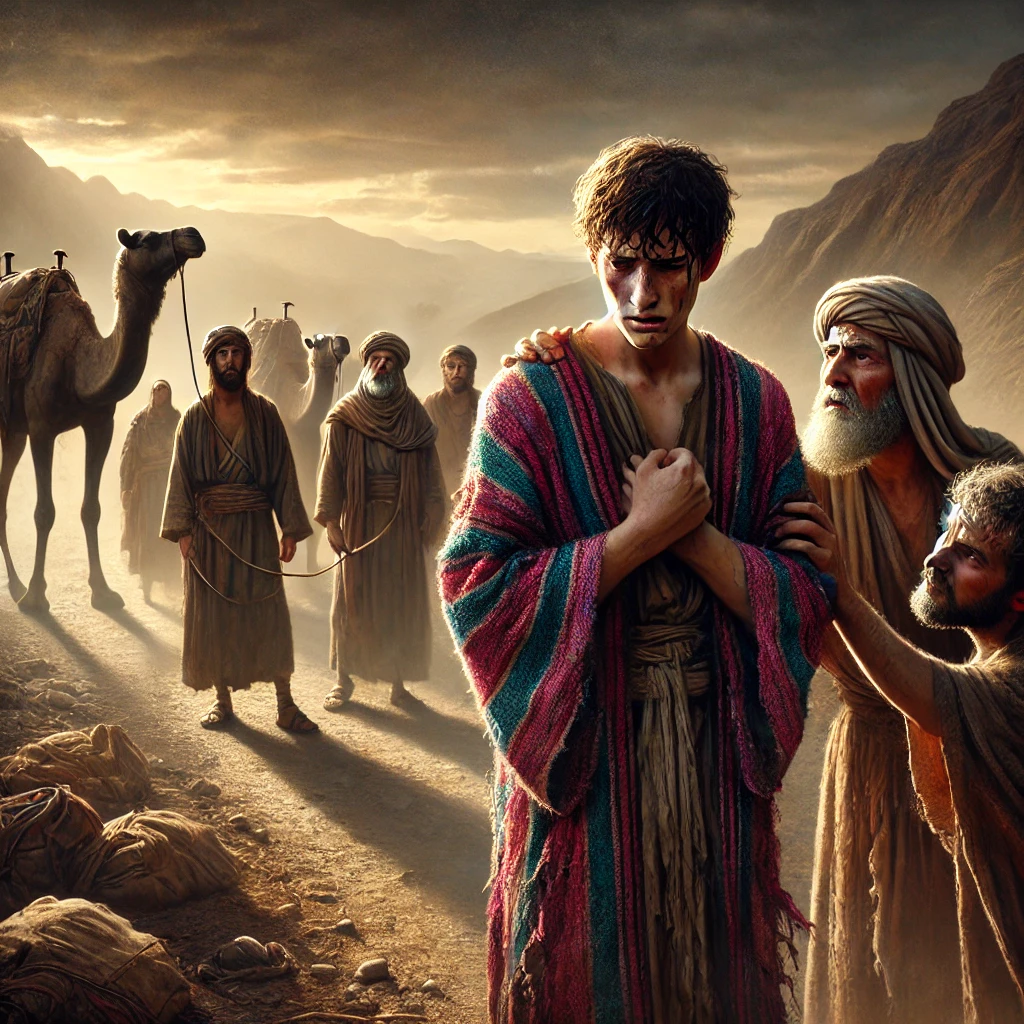Genesis 41:
• Pharaoh’s Dreams: Pharaoh has two troubling dreams—seven healthy cows are devoured by seven gaunt cows, and seven full ears of grain are consumed by seven thin ears. None of Pharaoh’s magicians can interpret the dreams.
• Joseph’s Interpretation: The cupbearer remembers Joseph, who is summoned to interpret the dreams. Joseph explains that the dreams are Yah’s warning of seven years of abundance followed by seven years of severe famine.
• Joseph’s Promotion: Joseph advises Pharaoh to appoint a wise leader to store food during the years of plenty. Impressed by Joseph’s wisdom, Pharaoh appoints him as second-in-command over Egypt. Joseph is given authority, a royal signet ring, and a new name: Zaphenath-paneah.
• Famine Begins: During the famine, Joseph’s preparations save Egypt and surrounding nations, who come to buy grain.














Genesis 30–31 Study Additions:
Translation Differences:
1. Genesis 30:37
• Many translations say Jacob took “rods” or “sticks” of poplar, almond, and plane trees, but the Hebrew word “makal” (מַקַּל) refers more specifically to a staff or branch.
• This choice highlights Jacob’s resourcefulness, using what Yah provided.
2. Genesis 31:49
• The famous phrase at Mizpah, “May the Lord watch between you and me,” is often quoted as a blessing. However, in context, it’s a warning between Jacob and Laban to respect their covenant.
Hebrew Word Study:
• Genesis 31:13
• Hebrew: “El Bethel” (אֵל בֵּית־אֵל)
• Meaning: “God of Bethel”
• This is significant because it ties Jacob’s current obedience back to Yah’s earlier promise at Bethel (Genesis 28:19). It’s a reminder of Yah’s faithfulness to His word.